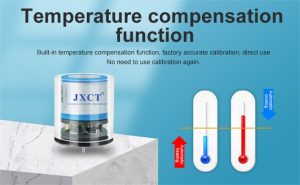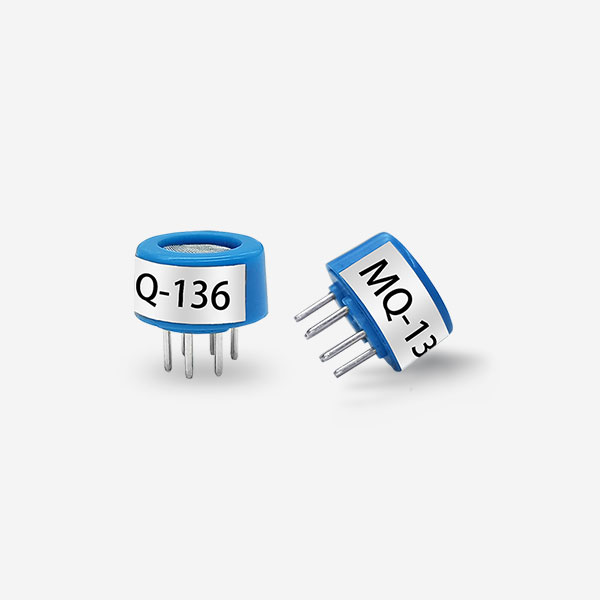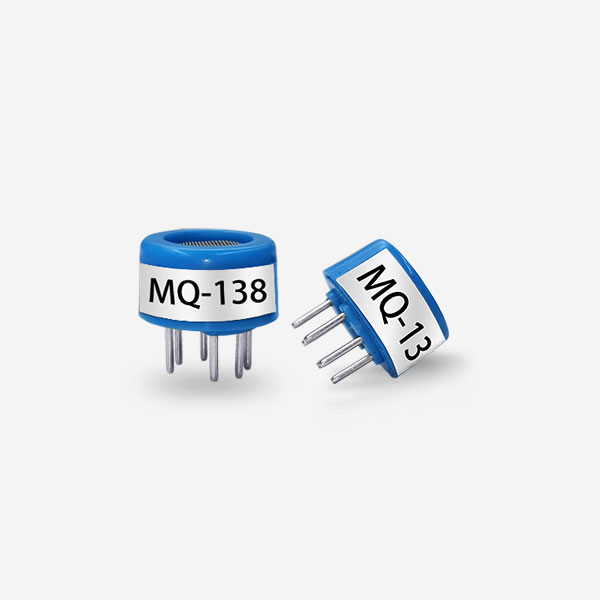-
Enhancing Crop Health with Gas Sensors
- Crop health is crucial for ensuring optimal yield and quality in agriculture. However, various factors can impact crop health, including pests, diseases, and environmental conditions. Gas sensors have emerged as a valuable tool for monito……
- Chat Online
-
Description
Crop health is crucial for ensuring optimal yield and quality in agriculture. However, various factors can impact crop health, including pests, diseases, and environmental conditions. Gas sensors have emerged as a valuable tool for monitoring and managing these factors, enhancing crop health, and promoting sustainable agricultural practices. This article explores the significance of gas sensors in enhancing crop health, their applications in agriculture, and the benefits they offer to farmers.![]()
Gas Sensors and Crop Health:
Gas sensors are devices designed to detect and measure the concentration of specific gases in the environment. In agriculture, gas sensors play a vital role in monitoring and managing gases that affect crop health, such as ethylene, carbon dioxide (CO2), ammonia, and volatile organic compounds (VOCs). These gases can act as indicators of plant stress, diseases, or infestations. By detecting and analyzing gas concentrations, farmers can take timely actions to mitigate potential risks and ensure crop health.
Applications of Gas Sensors in Agriculture:
2.1. Disease Detection and Management:
Gas sensors can help in early disease detection by detecting specific volatile compounds released by diseased plants. These sensors can identify unique gas signatures associated with various diseases, allowing farmers to take proactive measures. Early detection enables targeted interventions, such as applying appropriate fungicides, adjusting irrigation practices, or implementing cultural control measures, reducing the spread and severity of diseases and minimizing crop losses.
2.2. Pest Monitoring and Control:
Certain pests, such as insects, release characteristic volatile chemicals that can be detected by gas sensors. By monitoring the presence and density of these pests through gas sensors, farmers can determine the need for pest control interventions. Gas sensors facilitate the implementation of more precise and targeted pest management strategies, reducing the reliance on broad-spectrum pesticides and minimizing negative impacts on beneficial organisms, biodiversity, and the environment.
2.3. Environmental Monitoring:
Gas sensors are valuable tools for monitoring environmental conditions that influence crop health. For instance, high levels of ethylene, a plant hormone associated with aging and stress, can negatively impact crop growth and development. Gas sensors can detect ethylene levels and provide insights into the crop's physiological state, allowing farmers to optimize growing conditions or alter storage practices to reduce ethylene-induced damage.
2.4. Indoor Agriculture: Gas sensors find particular significance in indoor agriculture systems, such as greenhouses and vertical farms, where environmental parameters need to be closely controlled. The ability to monitor and regulate CO2 levels, humidity, and other gases is essential to ensuring optimal growth conditions for crops. Gas sensors enable farmers to precisely manage ventilation, CO2 supplementation, and environmental control systems for improved crop performance and resource utilization.
Gas sensors find particular significance in indoor agriculture systems, such as greenhouses and vertical farms, where environmental parameters need to be closely controlled. The ability to monitor and regulate CO2 levels, humidity, and other gases is essential to ensuring optimal growth conditions for crops. Gas sensors enable farmers to precisely manage ventilation, CO2 supplementation, and environmental control systems for improved crop performance and resource utilization.
Benefits of Gas Sensors in Agriculture: 3.1. Precision and Early Detection: Gas sensors enable precise and early detection of plant diseases, pest infestations, and environmental stress factors. Early detection allows for timely intervention, reducing the severity of problems and increasing the chances of successful management. It helps minimize unnecessary pesticide use, prevents yield losses, and promotes sustainable farming practices.
3.2. Targeted Interventions and Reduced Chemical Inputs:
By providing real-time data on gas concentrations, gas sensors allow farmers to implement targeted interventions. This targeted approach reduces the need for blanket applications of chemical inputs such as pesticides or fungicides. Consequently, it minimizes chemical residues in crops and the surrounding environment while promoting integrated pest management (IPM) and minimizing the development of resistance in pests.
3.3. Resource Optimization:
Gas sensors contribute to resource optimization by helping farmers make informed decisions about resource allocation. By monitoring gas emissions and environmental conditions, farmers can optimize irrigation schedules, adjust ventilation systems, and ensure appropriate nutrient application. Resource optimization enhances water efficiency, reduces energy consumption, and maximizes the effective use of inputs, leading to improved crop health and sustainability.
3.4. Improved Crop Quality and Yield:
By actively monitoring and maintaining optimal environmental conditions, gas sensors enhance crop quality and yield. Early detection of diseases and pests enables effective management, minimizing the negative impacts on crop development and the final product quality. Maintaining ideal growing conditions through gas sensor monitoring contributes to uniform crop growth, improved marketability, and better economic returns for
-
Recommend:
-
-
Gas detectors are crucial devices used in various industrie…
-
How do gas detectors ensure industrial safety?
Gas detectors play a crucial role in ensuring the safety of…
-
How Gas Sensors Help Combat Air Pollution?
Air pollution is a pressing global issue that poses signifi…
-
How can gas sensors be used in air quality monitoring?
Air pollution is a significant global concern that affects …
-
 : +86 155 8830 2704
: +86 155 8830 2704 : jxdziot@gmail.com
: jxdziot@gmail.com
